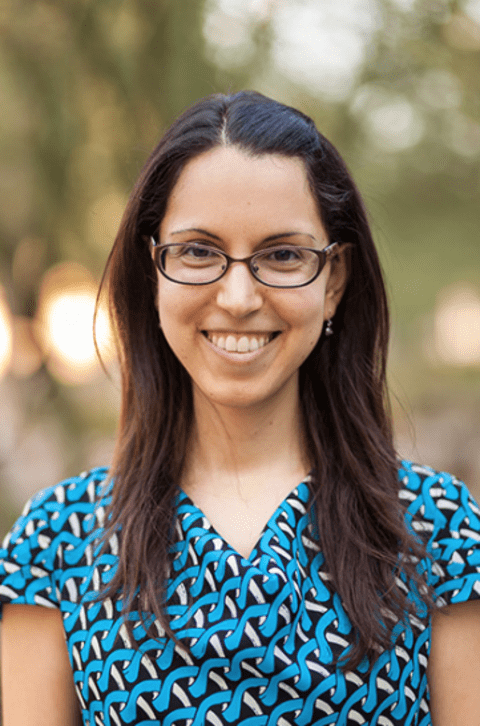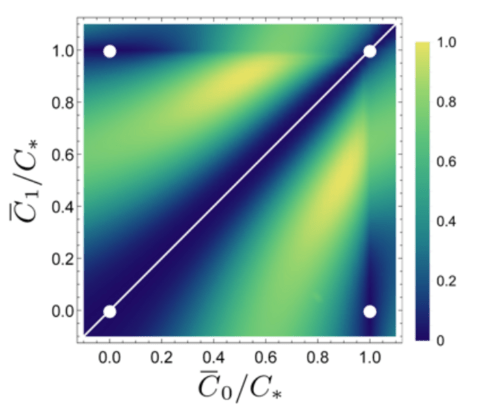RAC1 Journal Club/Seminar Series
Journal club presentation:
"Experimental superposition of orders of quantum gates" by Procopio et. al.
(Nature Comms 6, 7913 (2015)
Arash Ahmadi, Institute for Quantum Computing
Quantum computers achieve a speed-up by placing quantum bits (qubits) in superpositions of different states. However, it has recently been appreciated that quantum mechanics also allows one to ‘superimpose different operations’.

